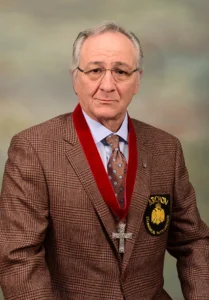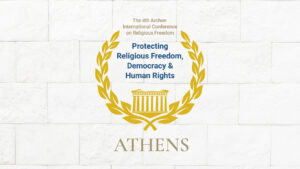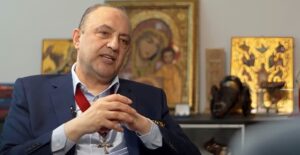In the mid-twentieth century, there were no Christians at all in Nepal. Now their official number is approaching 400,000, and some Christian leaders in Nepal believe the actual number of Christians in the country is 2.3 million.
For more ChristianPersecution.com coverage of the persecution of Christians in Nepal, see here.
“Nepali Christian clergyman gets one year in prison for proselytising,” by Shafique Khokhar, Asia News, July 22, 2022:
Kathmandu (AsiaNews) – Human rights groups are concerned about a decision by the Jumla High Court sentencing Rev Keshav Acharya, a Christian clergyman, to one year in prison for proselytising.
Advocacy organisations call on the court to review its sentencing and urge the country’s parliament to repeal laws that violate the right to freedom of worship and criminalise religious conversion.
Rev Keshav Acharya was first detained on 23 March 2020 on charges of spreading misinformation about COVID-19. He was later released on bail, but was arrested twice more for trying to convert Hindus.
On 30 November 2021, the Dolpa District Court sentenced him to two years in prison, reduced to one by the High Court on 13 July.
“It is illegal and unethical to compel someone to change their faith by use of threat or coercion; however, Pastor Keshav Acharya did not resort to coercion to convert anyone to Christianity,” said Joseph Jansen, chairman of Voice for Justice, an advocacy group, speaking to AsiaNews.
“The pastor only exercised his right to freedom of religion and did not commit any offence,” Jansen explained. “It is regrettable that Nepal’s anti-conversion laws are worded and enforced in such a way that they may also be applied as anti-blasphemy measures,” he added.
“The strict implementation of the anti-conversion law since 2019 has led to the arrest of members of religious minorities” and “could inspire Hindu extremists to attack Christians.”
Joël Voordewind, a former Member of the Dutch parliament for the Christian Union, explained that Nepal is a party to international treaties, including the UN Convention on Civil and Political Rights, which guarantees citizens the freedom to choose their religion and to express their beliefs in worship, observance, practise and teaching.
In his view, the provisions in Nepal’s constitution and criminal code are “vague and contradictory, and have been misused for prosecution of actions carried out in the normal course of practising one’s religion.”…







